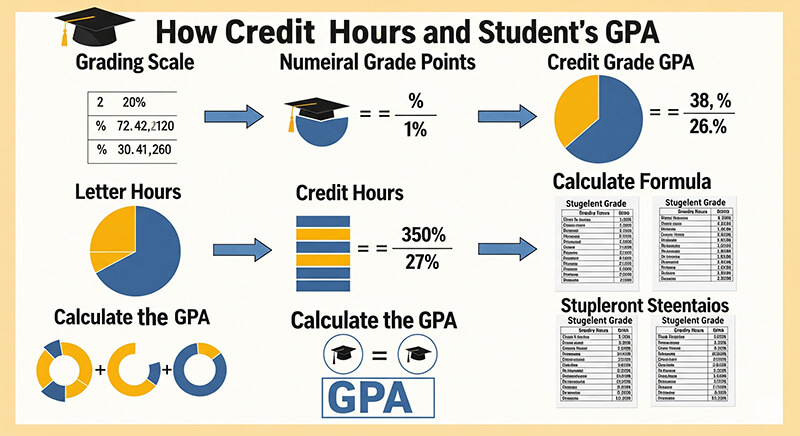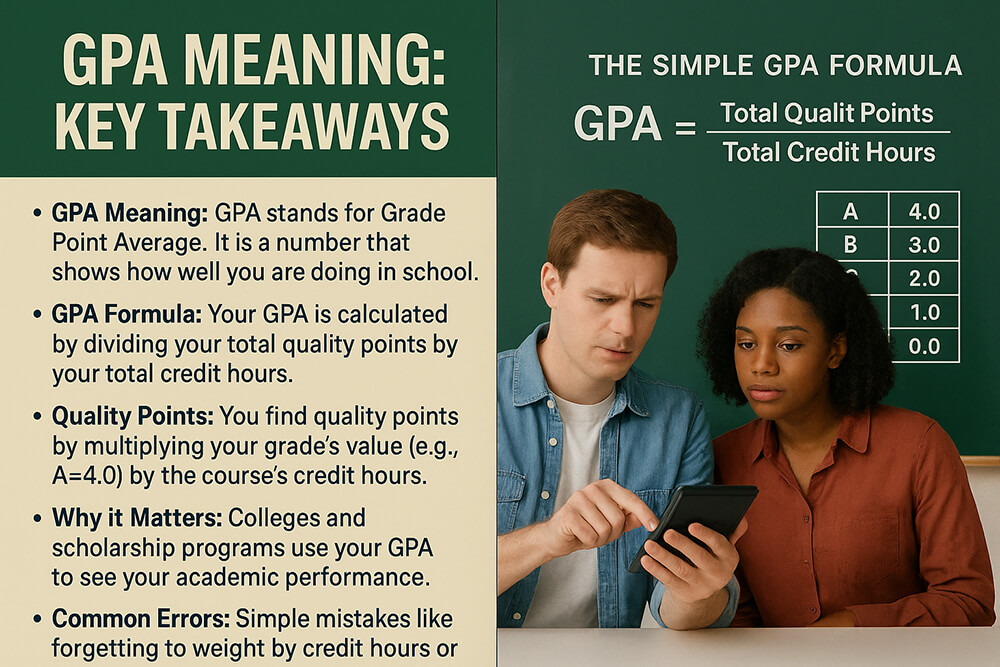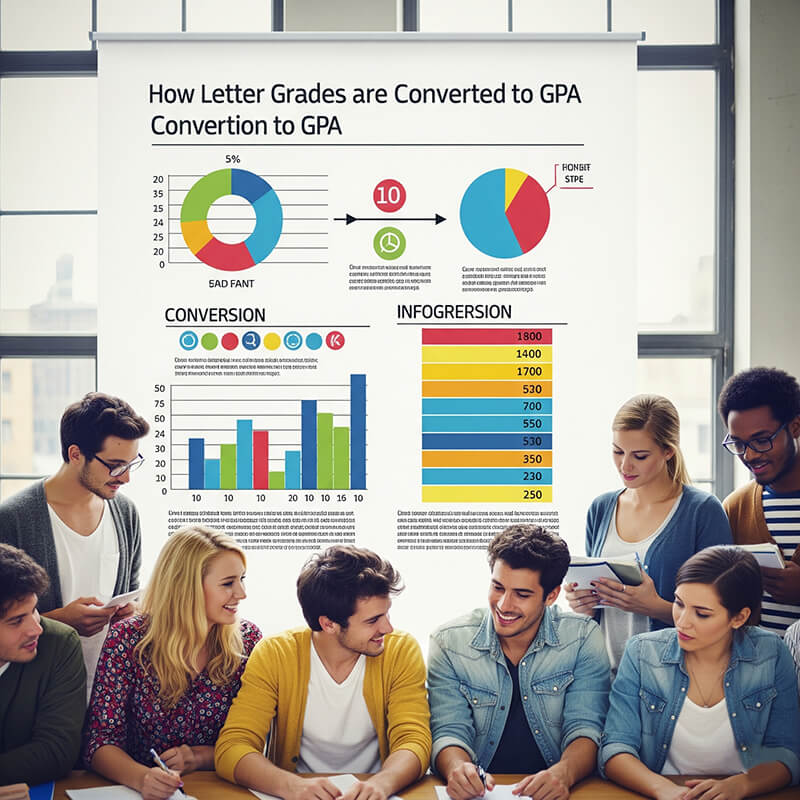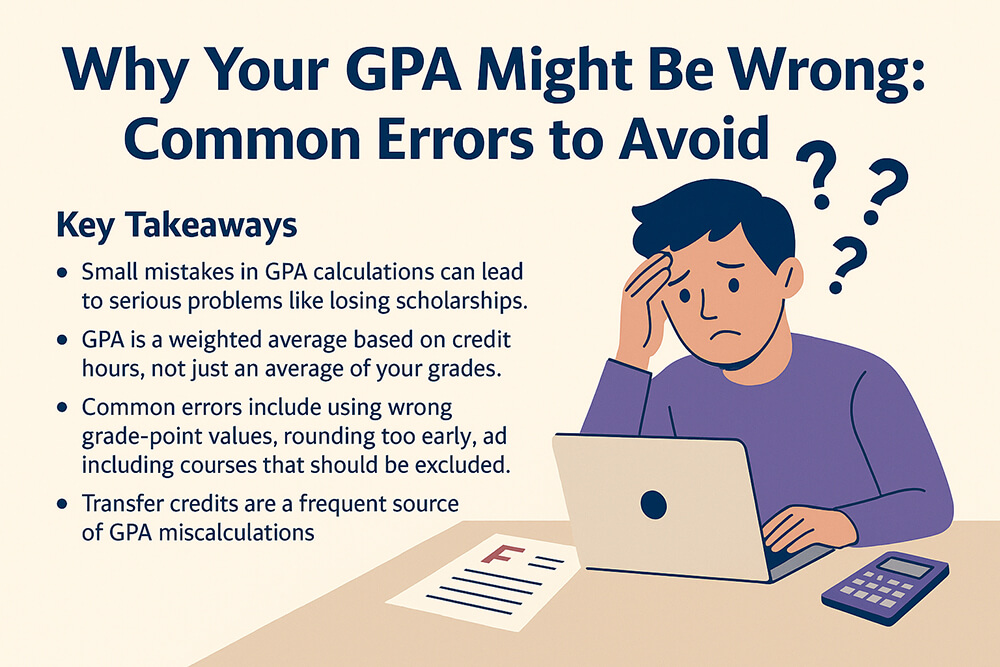Core vs. Elective GPA: What Your Grades Really Say
Comparing your grades in core classes versus elective classes shows your true academic strengths. Students often get higher grades in electives. Looking at these two GPAs separately helps you understand where you are strong and where you need to improve. This gives you a better plan for school success.
| Key Takeaway | Description |
|---|---|
| Clear Insight | Separating core and elective GPAs reveals your true performance in your major subjects. |
| GPA Reality Check | A high overall GPA might hide struggles in required courses. This comparison shows the real picture. |
| Strategic Planning | Knowing the difference helps you pick electives that can support your GPA while you focus on tough core classes. |
| Application Advantage | Graduate and professional programs often focus on your core GPA to see if you are ready for their tough courses. |
What Are Core and Elective GPAs?
Your grades can be split into two groups. Core GPA comes from classes you must take for your major or for general education. These are your main subjects like math, science, or English. Elective GPA comes from all other classes you choose to take. These might be fun courses like art, music, or a foreign language that is not part of your major. You can learn the basics of how to calculate GPA to see how grades turn into a number. Using a good tool like The GPA Calculator makes it simple to track all your grades.
Why You Should Compare Core and Elective GPAs
Looking at your core and elective GPAs separately is very useful. It shows if you are truly ready for your major. A high overall GPA might be boosted by easy electives. This can hide problems in your core subjects. Graduate schools often look at a prerequisite-only GPA calculator to check your grades in key courses. A college GPA calculator that splits these grades gives you a clear view of your academic standing. This helps you plan better and focus your efforts where they are needed most.
Electives Often Boost Your Overall GPA
Students usually find that their grades are higher in elective courses. This happens for a few reasons. Elective classes may have a lighter workload or use less strict grading than tough core classes. In some schools, advanced electives like AP or Honors courses are weighted. This means a good grade in these classes adds more points to your GPA. You can learn more about weighted vs. unweighted GPA to see how this works. A GPA weighting guide for Honors and AP can explain how these classes give your GPA an extra lift.
Understanding the GPA Formula Basics
The way GPA is calculated is straightforward. Each letter grade has a point value. An 'A' is usually 4 points, a 'B' is 3, and so on. These points are multiplied by the credit hours of the course to get quality points. Your total quality points are then divided by your total credit hours to find your GPA. A GPA formula guide can show you the math step-by-step. It is also helpful to read a credit hour weighting GPA guide to understand how some classes have a bigger impact on your final score.
How Different Grades Affect Your GPA
The grades you earn and the type of class you take both shape your GPA. A letter to point GPA conversion guide shows how each grade translates into points for your GPA calculation. Some classes might not affect your GPA at all. For example, pass/fail courses usually do not count toward your GPA. Learning how pass/fail grades impact your GPA can help you decide when to take such a class. This is especially true if you are trying to protect your core GPA from a difficult, non-essential subject.
Tools to Track Your Core vs. Elective GPA
Using the right tools makes it easy to compare your core and elective GPAs. A semester GPA calculator can help you track your progress each term. To see the big picture, a cumulative GPA calculator adds up all your grades over time. For a visual look at how you are doing, a GPA trend graph generator can plot your grades on a chart. This helps you see if your core GPA is improving. These tools give you the information you need to stay on track.
Handling Special Academic Situations
School life can have some twists and turns. You might have an incomplete grade, credits from another school, or be studying for two degrees at once. There are guides for GPA planning for incomplete grades to help you make a plan. A transfer credits GPA integrator can help you see how courses from another college will affect your GPA. If you are in a special program, a dual-degree GPA splitter lets you calculate your GPA for each major separately, which is great for comparing core performance in two different fields.
GPA Calculation in Different School Systems
Not all schools calculate GPA the same way. A high school GPA calculator is perfect for students preparing for college. Some schools use a different scale, and a 5.0 GPA scale guide can help you understand how it works. International students might need an IB to GPA conversion guide to see how their scores translate. Knowing how your specific school system works helps you accurately track both your core and elective GPA.
Strategies for Balancing Your Core and Elective Grades
If your core GPA is lower than you would like, you can take steps to improve it. Retaking a difficult course is one option. A repeat course GPA recalculator can show you how a better grade will change your GPA. Some schools let you exclude your lowest grade, and a drop lowest grade analyzer helps you see that impact. For some applications, your most recent grades matter more. A last 60 credits GPA calculator can highlight your recent hard work and improvement in core subjects.
Avoiding Common Mistakes in GPA Comparison
When you compare your core and elective GPAs, it is easy to make mistakes. One common error is putting a course in the wrong category. Another is not using the right number of credit hours. You can use a guide on common GPA calculation errors to avoid to help you get it right. It is also a good idea to check your transcript regularly. A transcript GPA audit guide can walk you through the process of making sure all your grades and credits are correct.
Frequently Asked Questions (FAQ)
What is a core course? A core course is a class that is required for your major or for your school's general education program. These are the foundational subjects you need to complete your degree.
Why is my elective GPA often higher than my core GPA? Elective courses are often outside of your main field of study and may be less difficult or graded more leniently than your core major courses. This can lead to a higher GPA in those classes.
How can I improve my core GPA? To improve your core GPA, focus on your study habits for those specific classes. You can also consider retaking a course if you received a low grade. Tools like a repeat course GPA recalculator can show you the potential impact.
Do graduate schools only look at my core GPA? Graduate schools pay close attention to your core and prerequisite GPA because it shows how well you handle the subjects that are most relevant to their program. While they look at your overall GPA, your performance in core classes is often more important.
Where can I find a tool to compare these GPAs? You can use the tools at www.thegpacalculator.com to track your grades. While it may not have a direct core vs. elective splitter, you can use the college GPA calculator to calculate them separately by entering the courses in two different groups.










